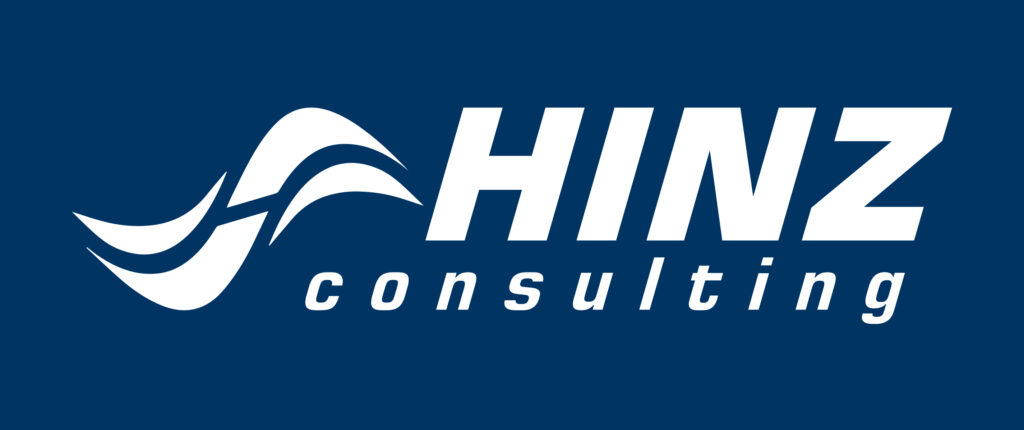When responding to a Request for Proposal (RFP), understanding the RFP qualification criteria is essential for crafting a successful bid. Every RFP outlines specific requirements that bidders must meet to be considered for a contract. These criteria serve as the initial filter that determines which proposals will move forward for further evaluation. Failure to meet any of the qualifications can lead to immediate disqualification, regardless of how well-written or comprehensive your proposal is.
This blog will explore the common RFP qualification criteria found in RFPs and provide tips on how to ensure that your proposal meets all necessary requirements.
What Are RFP Qualification Criteria?
RFP qualification criteria are the specific conditions that a vendor or contractor must meet to be eligible to bid on a project. These RFP qualification criteria are designed to help the issuing organization ensure that only qualified and capable companies participate in the bidding process.
The criteria usually fall into one of three main categories:
- Technical Criteria: These criteria assess the technical capability of the bidder, including the company’s experience, past performance, and expertise in the specific area required for the project.
- Financial Criteria: Financial requirements are included to ensure that the bidder has the financial stability to successfully complete the project. This may include providing financial statements, proof of funding, or demonstrating a certain level of revenue or assets.
- Compliance Criteria: Compliance criteria focus on the bidder’s adherence to laws, regulations, certifications, and any specific requirements outlined in the RFP. Failure to meet these criteria can lead to immediate rejection of the proposal.
Common RFP Qualification Criteria

While qualification criteria vary from one RFP to another, some common requirements include:
1. Experience and Expertise
Many RFPs require bidders to demonstrate their experience in completing similar projects. This is often proven through past performance records, references, or case studies. The issuing organization wants to know that the bidder has a proven track record of successfully delivering projects of a similar size and scope.
- Tip: Include case studies or examples of projects you’ve completed that align closely with the RFP requirements. Be specific about your role, the challenges faced, and the results achieved.
2. Certifications and Licenses
Certain industries and government agencies require specific certifications or licenses for contractors. This could range from ISO certifications to cybersecurity certifications like CMMC, depending on the industry and project type.
- Tip: Make sure all necessary certifications are up to date and properly documented in your proposal. If any certifications are pending, provide proof that they will be obtained before the project starts.
3. Financial Stability
Many organizations require proof that a bidder is financially stable enough to complete the project. This often involves providing financial statements, tax returns, or credit reports to demonstrate liquidity and solvency.
- Tip: Be prepared to submit recent financial documents that show your company’s financial health. Ensure that these documents are clear, organized, and up-to-date.
4. Compliance with Industry Standards
Compliance criteria ensure that a company operates within industry and legal standards. This may include adhering to environmental regulations, data protection laws, or industry-specific operational guidelines.
- Tip: Highlight your company’s commitment to compliance by listing relevant standards you follow, and include certifications as proof of adherence to those standards.
5. Team Qualifications
The RFP might specify that key team members need to meet certain qualifications, such as specific certifications, years of experience, or subject matter expertise.
- Tip: Include detailed resumes or bios of key team members, highlighting their relevant experience and qualifications.
6. Insurance Coverage
Some RFPs require bidders to carry specific types of insurance, such as general liability or professional liability insurance, to mitigate risk. Proof of coverage must often be included with the proposal submission.
- Tip: Ensure that your company meets the required insurance levels, and provide certificates of insurance as part of your submission.
7. Security Clearances
For government or defense-related contracts, security clearances may be a mandatory qualification. Your company and key personnel may need to hold certain levels of clearance to handle sensitive information.
- Tip: Clearly state whether your company or team members have the necessary security clearances. If required, provide documentation as proof.
8. Local or Small Business Status
Some RFPs prioritize local businesses or companies with specific designations, such as women-owned, minority-owned, or veteran-owned small businesses. These qualifications are often tied to federal or state programs that offer incentives for working with these types of businesses.
- Tip: If applicable, include proof of your company’s designation, such as certification through the SBA or a state government agency.
How to Ensure Compliance with RFP Qualification Criteria
To maximize your chances of winning a contract, it’s essential to ensure that your proposal meets all qualification criteria. Here are some tips to help you stay compliant:
1. Carefully Read the RFP
Before you start drafting your proposal, thoroughly review the RFP to understand all the qualification criteria. Make note of any documents, certifications, or other materials that you’ll need to include. Missing a key requirement can disqualify your proposal.
2. Create a Checklist
As you prepare your proposal, create a checklist of all the qualification criteria. Use this checklist to ensure that every required document, certification, or proof of compliance is included in your submission.
3. Prepare Supporting Documentation Early
Some qualification criteria, such as financial statements or certifications, may take time to obtain. Start gathering this documentation early in the proposal process to avoid last-minute delays.
4. Follow Submission Instructions
RFPs often have strict instructions on how to submit qualifications and other required information. Follow these instructions carefully, ensuring that all required forms, signatures, and supporting documents are submitted correctly.
5. Highlight Key Qualifications
When drafting your proposal, make sure that your qualifications are clearly highlighted. If the RFP allows, use bullet points or headings to make it easy for evaluators to find the information they need.
Conclusion
Understanding and meeting RFP qualification criteria is the first step in creating a successful proposal. By carefully reviewing the requirements, preparing the necessary documentation, and ensuring compliance with all criteria, you can significantly increase your chances of moving forward in the evaluation process. Proper organization, attention to detail, and a focus on meeting these criteria will set your proposal apart from the competition. Contact us to learn more!


